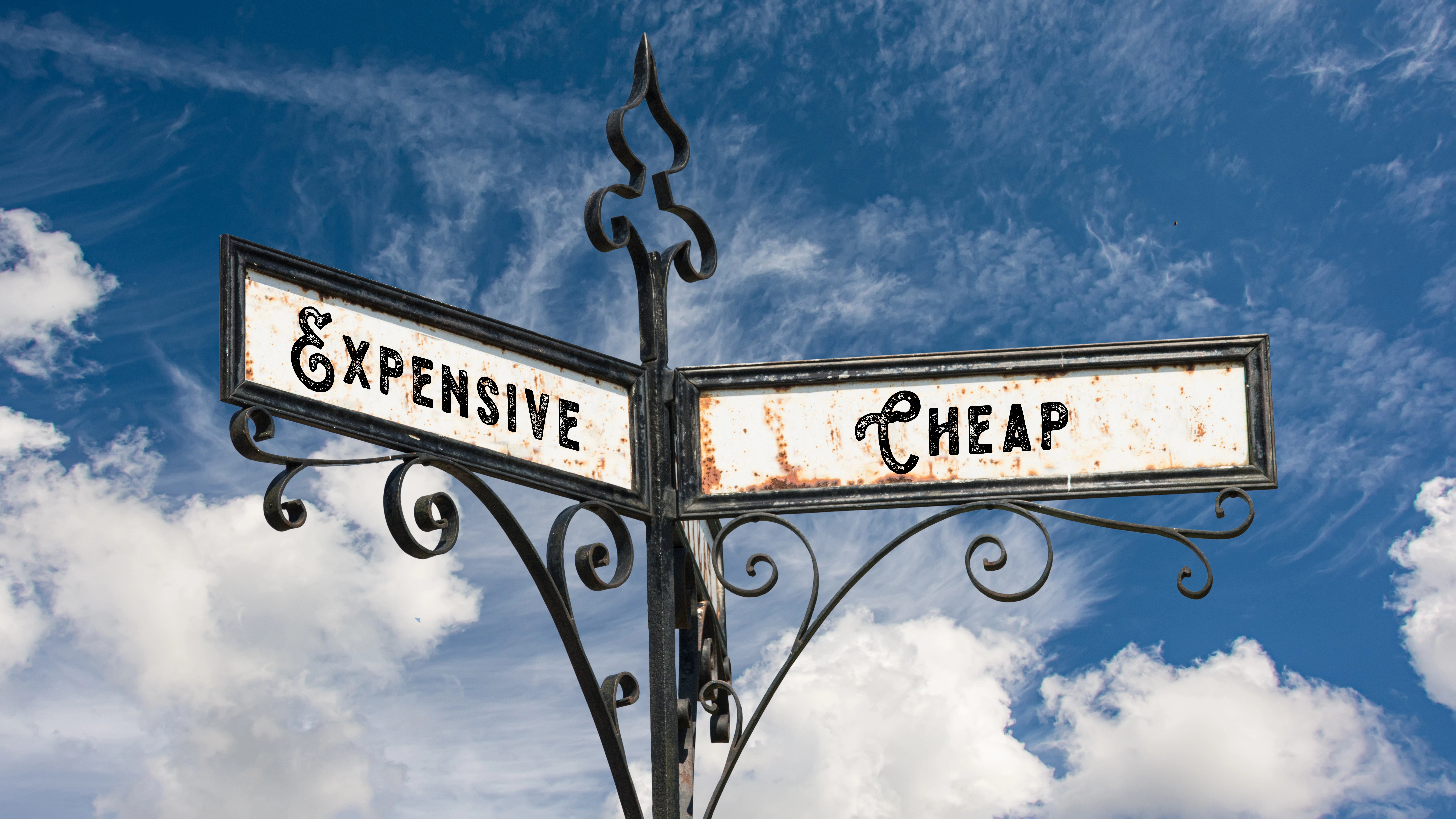 This is a guest post by Grace Judson in response to the Do No Financial Harm topic. Grace creates content that connects for her clients, helping them develop powerful messages by understanding their clients’ experiences and the language they use to describe that experience. Her most recent offering is a free e-course called 12 Ways to Quickly Stand Out from the Crowd and Attract More Clients More Easily She’s happy to admit that she tweaked the title multiple times to be as appealing as possible to her target market!
This is a guest post by Grace Judson in response to the Do No Financial Harm topic. Grace creates content that connects for her clients, helping them develop powerful messages by understanding their clients’ experiences and the language they use to describe that experience. Her most recent offering is a free e-course called 12 Ways to Quickly Stand Out from the Crowd and Attract More Clients More Easily She’s happy to admit that she tweaked the title multiple times to be as appealing as possible to her target market!
“Do no financial harm.” It sounds like something any reasonable person should stand behind. And reading Mark’s draft pledge – what’s not to love? It’s ethical, honest, and authentic. I’m grateful to Mark for bringing up the issue; it’s important.
But something bothered me about the idea of a pledge from the moment I read about it in the comments on the first post. Thinking and feeling my way through my reasons kept me awake late that night, and woke me up at three the next morning.
I’ve concluded that although my initial reaction to the pledge was “of course – sign me up!”, it’s not something I choose to commit to.
Here’s why.
What does it mean?
If I take this pledge, will I conduct my business or do my marketing any differently? No.
- Will the value of what I offer change in any way? No.
- Will my clients’ experience of my work be any different? No.
- Will my clients have any new avenue for recourse if they feel I have harmed them financially? No – nothing other than what’s already available to them.
- Will those people who are doing financial harm make any changes? Unlikely.
Those of us who are already acting in this way are the ones who will take the pledge, not those whose practices are out of alignment.
So what does it mean?
Who defines “financial harm”?
Many years ago when I was struggling to get my fledgling business off the ground, I approached a well-known marketing coach for help. We talked about what she could offer and what I needed, and came to an agreement about working together.
Then she learned that I’d be going into debt to finance her fees – and refused to work with me.
I felt humiliated, demeaned, patronized, and powerless.
I had made a choice – a personal, considered choice – that embraced my deep commitment to creating a business doing work that I love. And it felt like she had taken that away from me. I was deeply hurt.
I don’t have the right to make choices on behalf of anyone else. To make a choice for someone else based on anything at all – and certainly based on my beliefs about their financial situation – seems appallingly arrogant.
My choice to incur debt to develop my business was my choice, and it’s the right choice for me; I have absolutely no regrets. It will not be the right choice for someone else, but that’s their choice.
Are we also going to take a pledge to do no emotional harm?
Where does the line of responsibility actually fall?
The draft pledge addresses this question to some extent, but as we’ve seen reflected in the comments, there’s still a whole lot of gray area there.
We can only be responsible for the integrity of our own choices
A badge or statement on my website that I’ve taken a pledge to do no financial harm is just another marketing claim.
What matters are the choices I make. What matters is how I show up for my clients – how I conduct my business – the value I offer – and the ways I choose to market my services. That’s what helps them feel whether they want to work with me or not.
There are times when I choose to say “no” to a client, but I’m always very clear to myself and to the client that it’s not because of them; it’s because of me. It’s because I feel that I won’t be able to do my best work for that person in that situation; what I offer isn’t what they’re asking for. And that may or may not have anything to do with I might think I understand about their financial situation.
What makes a marketing tactic feel heavy-handed and manipulative varies from person to person, business to business, and even day to day. How and where each of us draws the line, both as a businesperson and as a consumer, is an individual choice.
Discussion is far more relevant than a pledge
Discussion and debate come when we think about situations, feel our way into what’s right for each of us individually, and then talk about it publicly.
Reading or listening to the discussion creates shifts in perspective and helps us discover more clarity about our own choices – even if we choose not to actively participate in the discussion.
We can have far more impact on the business and marketing landscape if we take the risk of initiating and participating in open discussions and debates about ethical business practices – such as what’s been happening here on Mark’s blog – than we can by taking a pledge … and then going back into our day-to-day routine.
And that’s why I won’t take the pledge. How about you?







5 Responses
Thank you for saying this Grace. You make great points. I was also disturbed by some of the discussion of not allowing clients to go into debt to pay for services for the same reasons you mention here.
Outlining the ways the pledge would or would not make a difference is a very useful way to look at it.
JoVE – Thank you! Asking “What will happen? What are the results I might get, and what are the results I want?” is something I try very hard to remember to do whenever I’m making a decision or creating a plan. It really helps ground whatever I’m doing in my actual goals, rather than in “oh – this sounds good!” 🙂
I can imagine the scenario you described (re: not allowing a client to go into debt). It feels like a really moralistic judgement, now that I think about it.
I love that you have expanded the discussion in this way, Grace. Thank you!
Tzaddi – it felt pretty moralistic from my perspective, too! 🙂
It’s possible to have compassionate, open conversations with clients about what they can afford. Conversations that give them options, without dictating to them what they “should” do; conversations that help them stop and validate for themselves that the value they’re receiving is worth what they’re paying for it (whether or not that includes their going into debt to pay for it).
I have these conversations with clients all the time, especially my coaching clients, because I want to be sure that I’m giving them what they need, when they need it, and as they need it. It’s not up to me to dictate what those needs are, though it IS up to me to push, when appropriate, to help them stretch out of their comfort zones. And it IS up to me to be sure they’re getting value for their money, especially in situations where someone is particularly vulnerable and/or having a particularly hard time with cash flow.
That’s my approach, anyway! 🙂
How indescribably brilliant is it that after making his ‘pledge’ post, the next thing Mark does is host guest posts by people who disagree? Love it!
(It helps that the guest posts are fantastic, too.)